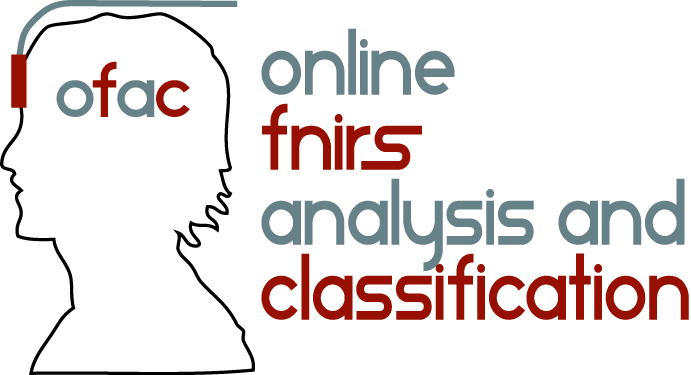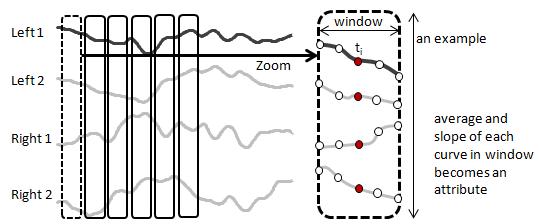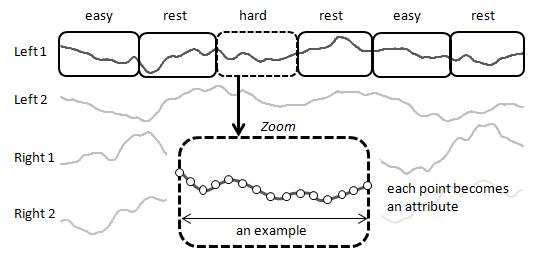Audrey Girouard
Postdoctoral Fellow
Adjunt Assistant Professor audrey @ cs.queensu.ca
|
Queen's University |
Current Projects
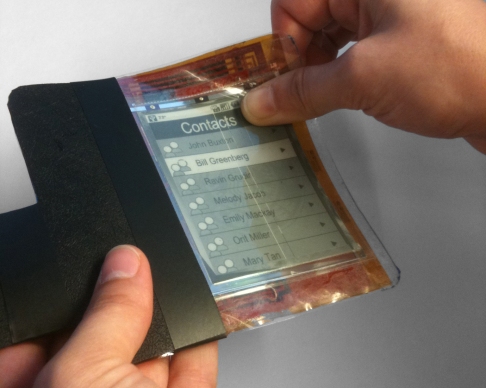 |
Using Bend as Input in Flexible E-Ink Displays
Flexible displays potentially allow for interaction styles that resemble those used in paper documents. Bending the display, e.g., to page forward, shows particular promise as an interaction technique. We present an evaluation of the effectiveness of various types of bends in executing a set of tasks with a flexible display.
CHI 2011: paper, interactivity 2010 - 2011
|
|
Perspective Based Remote Multitouch
We present a set of remote pointing techniques that allows bimanual and multi-finger remote manipulation of graphical objects on large displays.
CHI 2011: work-in-progress 2010 - 2011
|
|
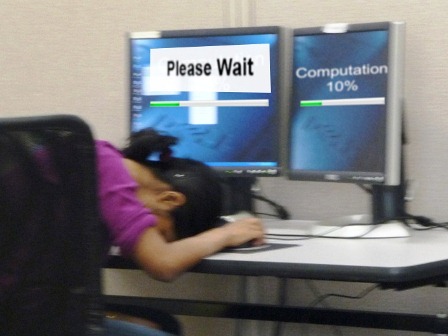 |
Active Progress Bars
When a progress bar pops up, can a better design help you do something relaxing or
productive while waiting? We propose to augment progress bars with user controlled
functionalities facilitating the switch to temporary activities. CHI 2011: work-in-progress 2010 - 2011
|
|
Organic User Interface Workshop
Advances in display, sensor and actuator technology are changing the field of TEI. While modern interfaces
were designed for traditional planar and static display devices, next-generation UI allow digital objects to change their shape and
embed displays anywhere. These developments require us to re-examine and reevaluate
basic design principles and interaction styles currently used. This workshop on Organic User Interfaces
brings together experts to discuss, brainstorm and prototype next generation of user interfaces.
TEI 2011: workshop [website] Human Computer Interaction
2010 - 2011
|
Past Projects

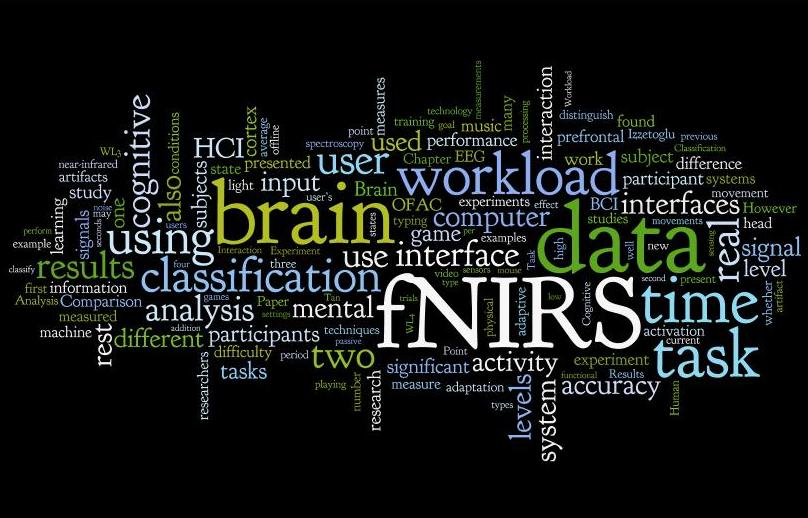
|
Adaptive Interface using fNIRS
We use functional Near Infrared Spectroscopy (fNIRS),
a new non-invasible brain imagery device, as an additional input to an interface. Brain-computer interfaces could
be used to evaluate new interfaces, or create interfaces that adapt to the user's mental workload, or emotions, for example.
Exploring brain signals using fNIRS
OFAC: Online fNIRS Analysis and Classification
Machine Learning Techniques to Classify fNIRS Signal
UIST 2007, CHI 2009, HCII 2009, INTERACT 2009, UIST 2009, IJAACS 2010, CHI 2011. [website] HCI, Brain Computer Interfaces, Machine Learning
2006 - 2010
| ||||||||||||||||
 |
Brain, Body and Bytes: Psychophysiological User Interaction
The human brain and body are prolific signal generators. Recent technologies and computing techniques
allow us to measure, process and interpret these signals. We can now infer such things as cognitive and emotional states, to
create adaptive systems and gain an understanding of user experience. In this workshop, we aim to bring together
researchers from fields such as HCI, interaction design, cognitive science, psychophysiology, game research, and BCI.
A CHI 2010 Workshop. [website] Human Computer Interaction
2009 - 2010
|
||||||||||||||||
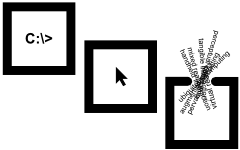 |
Reality Based Interfaces
We propose the notion of Reality-Based Interaction (RBI) as a unifying concept that ties together a large subset of emerging human-computer interaction styles.
Presented at CHI 2008. [website] Human Computer Interaction
2006 - 2008
|
||||||||||||||||
 |
SmartBlocks
Tangible Blocks that help children learn Volume and Surface Area
Presented at TEI 2007. [website] Human Computer Interaction, Tangible User Interfaces
2006
|
||||||||||||||||
 |
Leave-one-out Scoring
A new method for collecting information about motifs from any motif discovery program
Presented at CIBCB 2006. Computational Biology
2006
|
||||||||||||||||
|
Lessons for decompiling an embodied cognitive model
We decompiled different Soar models into
Herbal. We propose a
"decompilation" process as a standard means for evaluating
high level behavior modeling languages with respect to their low level equivalents. Presented at Cognitio 2006. Cognitive Science
2006
|
|||||||||||||||||
 |
What is the Next Generation of Human-Computer Interaction?
CHI 2006 Workshop.
[website] Human Computer Interaction
2006
|


